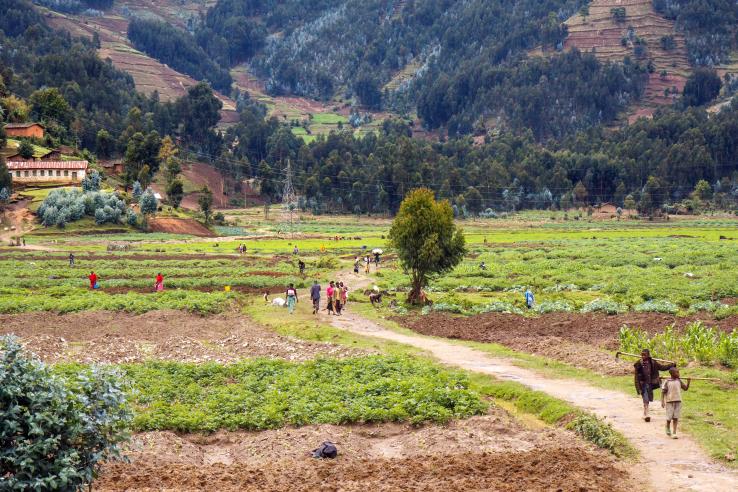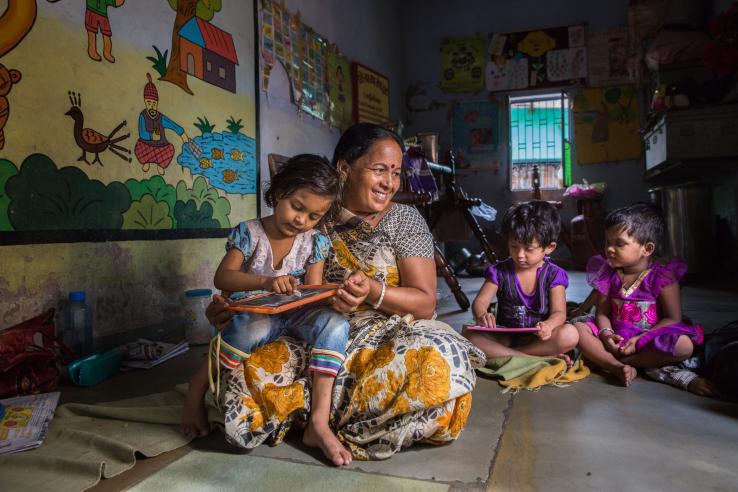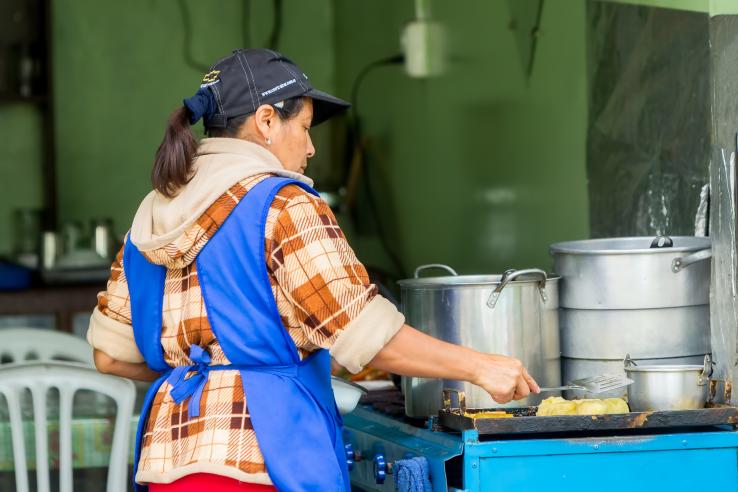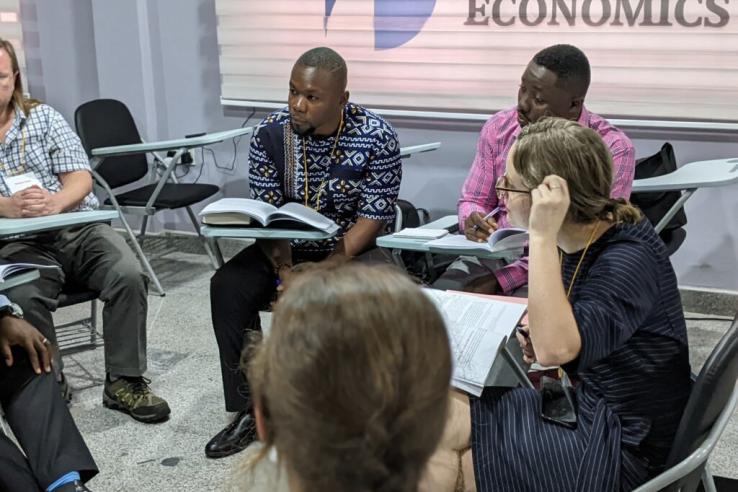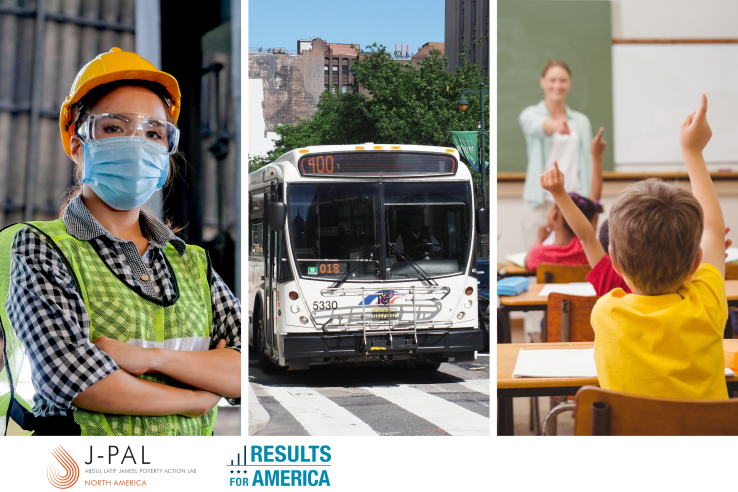Displaying 3301 - 3315 of 8491
Blog
This post is part of a blog series offering advice for prospective PhD students. The blog post “Is a PhD right for me?” lays out a series of questions and tips to help potential candidates decide whether to pursue a PhD in the first place. This post covers advice on how to write a great PhD...
Blog
On October 10, J-PAL in partnership with University Mohammed VI Polytechnic launched the UM6P-J-PAL Agricultural Lab for Africa. Chaired by Tavneet Suri (MIT, J-PAL Agriculture sector Co-Chair), the lab will be hosted at University Mohammed VI Polytechnic (UM6P) in Rabat, Morocco, with the goal of...
Blog
In this post, J-PAL staff sit down with Manasi and Rebecca to discuss the results from their randomized evaluation on the effects of anticipating social safety net benefits on family choices.
Update
J-PAL Updates
The third issue of J-PAL LAC's quarterly newsletter highlights the CLEAR center for Latin America and the Caribbean, to be established at the Catholic University of Chile. Within UC, J-PAL LAC, together with the UC Public Policy Center and Mide UC, will support CLEAR-LAC to ensure its success...
Blog
This post is part of a series offering advice for prospective PhD students. This post compiles advice from J-PAL postdocs and staff with PhDs to help prospective students choose between programs to which they have been accepted, or to help them consider next steps in case they were not accepted to...
Blog
In this blog, we summarize ongoing research and lessons from randomized evaluations funded by the Gender and Economic Agency (GEA) Initiative and the Jobs and Opportunity Initiative (JOI), which address open questions related to women’s work and economic empowerment.
Event
En el evento se presentará tanto la relevancia de identificar el efecto de las políticas públicas como evidencia de programas que han tenido impacto en distintas dimensiones de la vida de las mujeres y sus comunidades (económicas, laborales, educativas, de salud, movilidad) que son de relevancia...
Person
Update
J-PAL Updates
Our March 2023 Newsletter features a policy insight on strengthening women’s empowerment through access to childcare, an African Scholar Spotlight on Japheth Awiti Osotsi Stanley, and introduces a new education consortium in France.
Resource
Basic page
Blog
In this blog, we highlight two notable examples of how Evaluating Social Programs courses led to high-impact research and policy partnerships, while recognizing the impressive community of practice among course alumni around the world.
Microsite
Initiative Resource
Initiative projects and documents
Blog
J-PAL and the Center for Effective Global Action’s (CEGA) Digital Agricultural Innovations and Services Initiative (DAISI) was launched in 2021 to rigorously evaluate programs that increase the availability, quality, and reach of bundled, digital agricultural solutions and services for small-scale...

